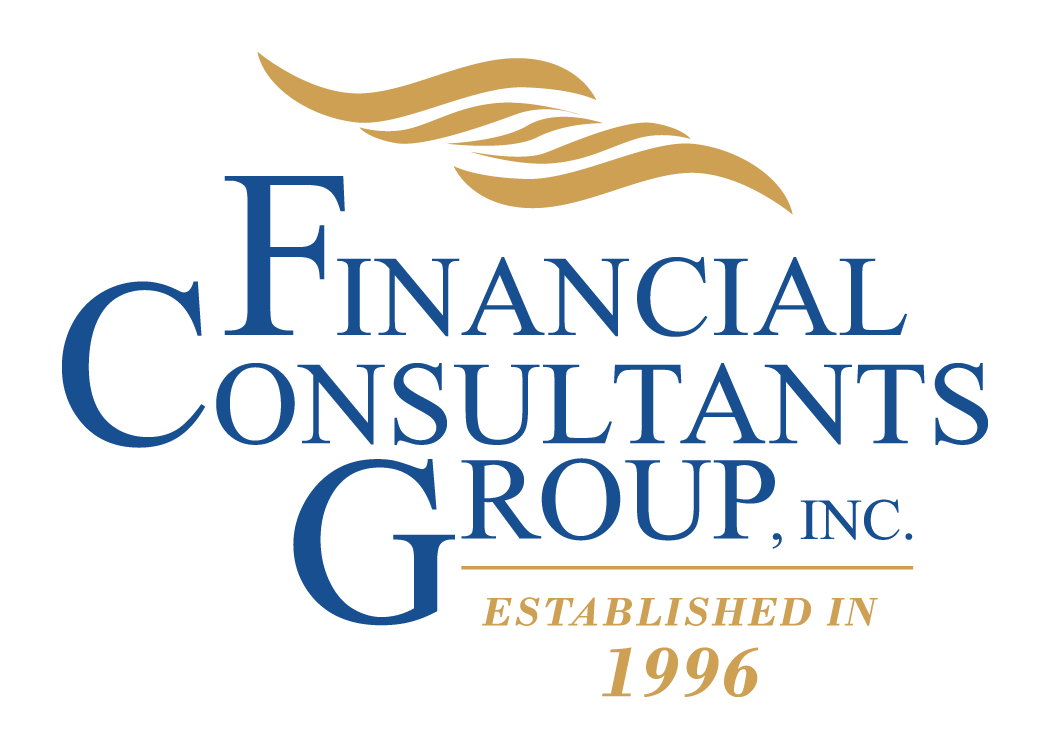5 Steps to Financial Freedom: Your Personal Checklist for a Secure Future!
The pursuit of financial security is a universal human desire. It's the dream of a comfortable retirement, the ability to weather unexpected storms, and the freedom to pursue your passions without financial constraints. But where do you begin? How do you navigate the complexities of personal finance and translate those desires into a tangible plan?
This comprehensive checklist can serve as your roadmap to financial freedom. It outlines the key steps you can take to achieve your financial goals, with a particular emphasis on the invaluable role a fiduciary financial planner can play in your journey.
1. Define Your Financial Goals
The first step towards achieving anything in life is setting clear goals. Before you can make progress, you need to know where you’re headed. Take some time to jot down your financial goals. Be specific and realistic. Do you want to buy a house, take that dream vacation, save for retirement, or pay off student loans? Once you’ve identified your goals, place them where you’ll see them often—on your fridge, your desk, your bathroom mirror, or even as a screensaver on your phone. This constant visual reminder can help keep you motivated and focused.
2. Create a Budget
Understanding your spending habits is essential for financial success. It helps you understand where your money goes and identify areas for improvement. There are numerous budgeting methods available, from the traditional pen-and-paper approach, to user-friendly budgeting apps. Experiment and find a system that works for you. Here are some key aspects to consider when creating a budget:
- Track your income: List all your income sources, including salary, bonuses, and any side hustles.
- Categorize your expenses: Divide your expenses into categories such as housing, groceries, transportation, entertainment, and debt payments. Be as detailed as possible.
- Track your spending for a month: Honestly record every dollar you spend for a month. This will provide a clear picture of your spending habits.
- Compare your income to your expenses: Are you spending more than you earn? Identify areas where you can cut back.
A well-structured budget ensures you live within your means and avoid unnecessary debt.
3. Invest Wisely
Investing allows your money to grow over time, helping you achieve your long-term financial goals. However, simply throwing money at the stock market isn't a sound strategy. A diversified portfolio is key to mitigating risk. Diversification involves spreading your investments across different asset classes, such as stocks, bonds, and real estate. This helps to balance out losses in one area with gains in another. Consider working with a fiduciary financial planner who can tailor an investment strategy to your goals, risk tolerance, and time horizon.
For example, a young investor with a long time horizon for retirement may be comfortable with a higher allocation towards stocks, which have the potential for higher returns but also carry greater risk. In contrast, someone nearing retirement may prioritize stability and allocate a larger portion of their portfolio towards bonds, which offer lower returns but are generally considered less volatile.
4. Build an Emergency Fund
Life throws curveballs. An unexpected medical expense, a car repair, or a job loss can wreak havoc on your finances. An emergency fund acts as a safety net, providing financial security during challenging times. Aim to save 3 to 6 months’ worth of living expenses in an emergency fund. This safety net should cover unexpected medical bills, car repairs, or job losses without resorting to high-interest debt and derailing your financial stability. Keep your emergency fund in a separate account, ideally one with easy access.
Building an emergency fund takes discipline and consistency. Start small and gradually increase your contributions as your financial situation allows. Even $25 a week can make a huge difference over time.
5. Tackle Debt Strategically
Debt, particularly high-interest ones like credit cards and payday loans, can be a major roadblock to achieving your financial goals. The interest payments eat away at your hard-earned income, making it difficult to save and invest for the future. A strategic approach can help you eliminate debt faster. Start by listing all your debts, including credit cards, student loans, and car loans. Consider the avalanche method (paying off the highest interest rate debt first) or the snowball method (paying off the smallest balance first). Whichever method you choose, stick to it consistently.
Here's an example: Imagine you have two credit cards – one with a balance of $1,000 and a 10% interest rate, and another with a balance of $5,000 and an 18% interest rate. Using the debt snowball method, you would focus on paying off the $1,000 credit card first, experiencing a quick win, and potentially boosting your motivation. The debt avalanche method, however, would prioritize the $5,000 credit card due to its higher interest rate, ultimately saving you more money in the long run.
A fiduciary financial planner can analyze your debt situation, recommend a suitable repayment strategy, and negotiate with creditors on your behalf to potentially lower your interest rates.
The Power of a Fiduciary Financial Planner
Throughout this checklist, we've emphasized the valuable role a fiduciary financial planner can play in your financial journey. But what exactly is a fiduciary, and how do they differ from other financial professionals?
A fiduciary advisor is legally obligated to act in your best interests, putting your financial well-being ahead of their own. This means they are required to provide unbiased advice and prioritize your financial goals over any commissions or sales quotas.
Here are some key benefits of working with a fiduciary financial planner:
- Personalized financial planning: They take the time to understand your unique financial situation, goals, and risk tolerance.
- Holistic approach: They go beyond investments and consider all aspects of your financial life, including budgeting, retirement planning, and estate planning.
- Investment expertise: They can help you create and manage a diversified investment portfolio aligned with your goals and risk tolerance.
- Tax optimization: They can recommend strategies to minimize your tax burden.
- Accountability and ongoing support: They provide regular reviews of your financial progress and adjust your plan as needed.
While there are many financial professionals available, a Cumming fee-only financial advisor, like Financial Consultants Group, offers the peace of mind of knowing they are working exclusively for you.
Conclusion
Now that you have your personal financial checklist, take action! Reach out to an
Alpharetta fiduciary like Financial Consultants Group to discuss your goals, investment options, and debt management strategies. Remember, a secure financial future starts with informed decisions and consistent effort.
Contact us today to get started on your path to financial well-being!











